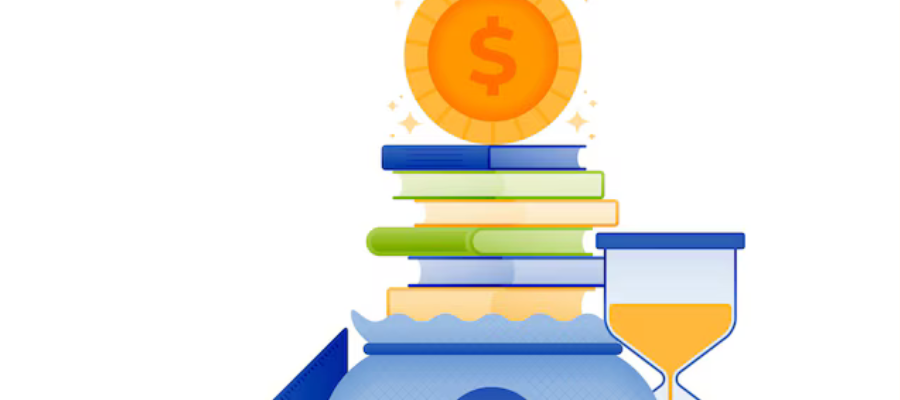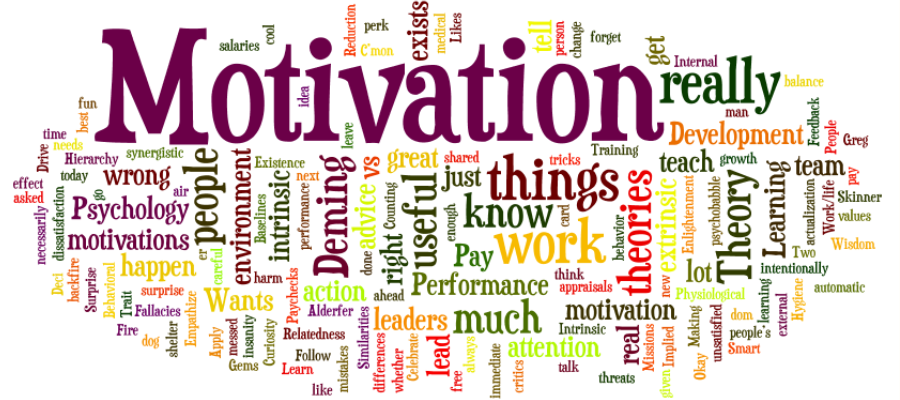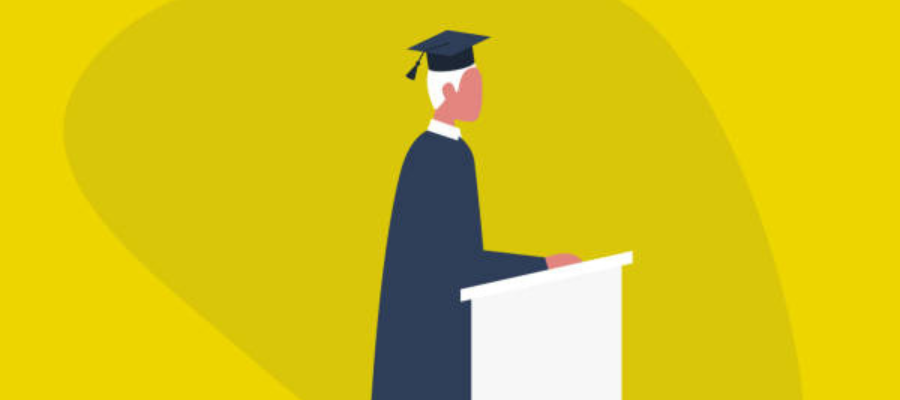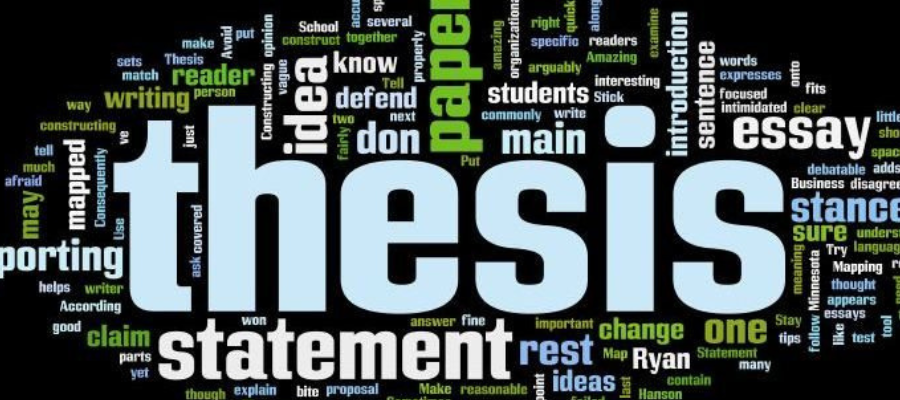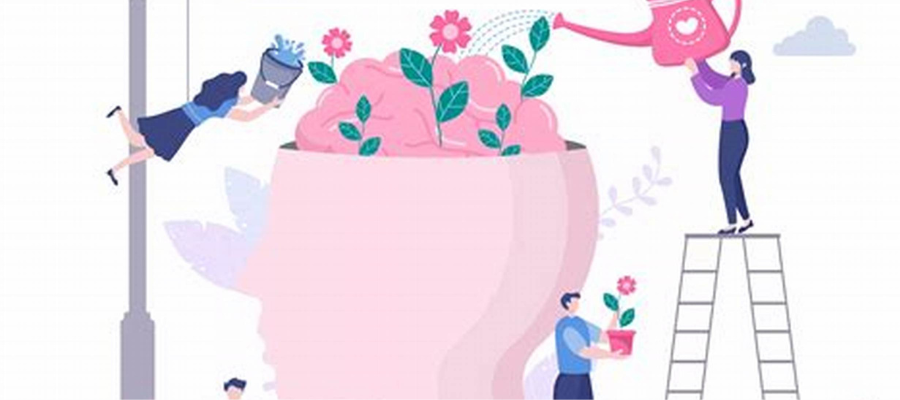My First Week as a PhD Student: A Personal Account
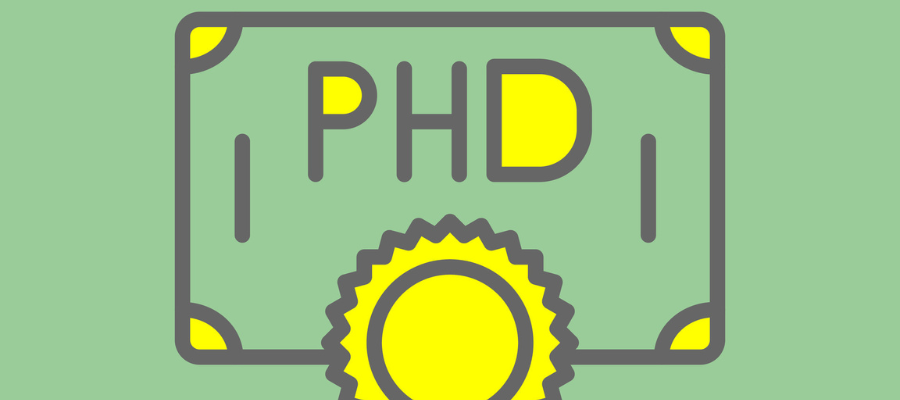

Beginning a PhD was like being at the foot of this giant mountain, looking up at a peak hidden behind clouds. I had been preparing for this for months—applying, interviewing, getting supervisors settled, and reading everything in my reach. But nothing really prepared me for the intellectual and emotional storm that my first week as a doctoral student was.
This is a raw, personal diary of that week—the confusion, the little victories, the moments of doubt about myself, and the feeling of embarking on something much greater than myself.
Day 1: Orientation Overload
The official first day started with the orientation of the university’s graduate school. I stepped into the auditorium attempting to look collected, but my mind was running wild. Everyone seemed so poised, as though they already knew the hidden code to surviving academia. I held on tight to my welcome packet like it was a saving grace.
The orientation was a whirlwind of introductions: department heads, research support officers, librarians, IT coordinators, health and wellness staff. Everyone had a slide deck, everyone had a list of resources, and everyone exhorted us to “start thinking about your research question early.” I nodded along, though mine still sat in my mind as a vague cloud of curiosity rather than a tight, researchable idea.
By the end of the day, my head was full but my notebook was filled with question marks. I recall walking back home and thinking, “Is everyone else as overwhelmed as I am?”
Day 2: Meeting My Supervisor
This was the appointment I had been both looking forward to and nervous about. My supervisor is a seasoned researcher whose work I have great respect for. Our appointment started with some courteous chat—how my relocation had been, what I thought of the campus thus far. Then the serious stuff: direction in research, reading lists, project timelines, and—yes—publication expectations.
I enjoyed the open-endedness of the conversation. My supervisor did not steer me down a straight line but instead drew a range of options. We discussed unexplored areas of the literature, current controversies in the discipline, and how I could find a niche to call my own.
The highlight? They concluded the meeting with the words, “Don’t worry about getting everything right this week. The most important thing is to stay curious.” I felt lighter, albeit still a little lost.
Day 3: Library Labyrinth and Literature Hurdles
I spent much of my third day walking around the university’s enormous library. I don’t mean that figuratively—I actually became lost in the stacks. But what a beautiful sort of lost it was.
Equipped with a list of cornerstone papers and authors my supervisor had recommended, I attempted to immerse myself in the literature. And that was when I encountered my first major setback. Most of the papers were thick with impenetrable jargon I hadn’t yet acquired. Some sentences took several reads, and even then, I wasn’t convinced I had understood what I was reading.
It was intimidating. After years of acing coursework and thesis work, it was hard to believe that I didn’t “get it” immediately. But I continued reading, writing down questions, and reminding myself that some of this process involves learning how to read deeply and critically—not superficially.
Day 4: Imposter Syndrome, Uninvited but Present
It was my first departmental research seminar on Thursday. The speaker, a postdoc, presented about their newly published paper in a top journal. The talk was smooth, with intricate ideas and models, and presented confidently enough to make me jealous.
I glanced around the room, and it seemed as if everyone else was quietly nodding. I, by contrast, was having trouble keeping pace. Jargon whizzed over my head, and my notebook became a list of things to Google later.
That evening, I broke down a little bit. The imposter syndrome struck me. I was doubting whether or not I was meant to be in this program. “What if I’m not really suited for this?” I asked myself. It took a lengthy conversation with a friend—a PhD student from another field—to tell me that nearly everybody experiences this. Feeling inadequate wasn’t a reflection that I didn’t belong; it was a reflection that I was growing.
Day 5: Small Wins and Shared Struggles
Friday, I met up with a few students in my cohort over coffee. It was meant to be an informal meet-and-greet, but it ended up being the best part of my week.
We compared experiences from the previous days, and for the first time, I knew that I was not alone in my feelings. Others too had found reading papers difficult, were overwhelmed by expectations, and were wondering if they had done the wrong thing. There was laughter, some complaining, and a collective relief.
We shared about our research interests, why we were working in the fields we did, and what we hoped to accomplish at the end of our doctorates. It was comforting to hear the enthusiasm in every voice, even though challenges. I left that coffee meet-up with a feeling of community, something I didn’t know I was missing until I had it.
What I Learned This Week
Looking back on week one, several important takeaways are clear:
- It’s Okay Not to Know Everything (Yet)
PhD research isn’t about knowing everything since day one. It’s about improving your questioning skills and working with uncertainty. Being okay with not being an expert right away was oddly freeing.
- Your Supervisor Is a Guide, Not a Boss
I had worried that my relationship with my supervisor would be vertical or threatening. Rather, I discovered someone deeply concerned with enabling me to grow as a scholar. Their supervision provided me with structure, but also autonomy to pursue.
- Reading Takes Practice
Reading scholarly articles is an art. Some will puzzle you, others will motivate you. The solution is not to let what you don’t know dishearten you. Annotate, debate with colleagues, revisit confounding concepts—and eventually, understanding increases.
- You Need People
The lonely PhD scholar myth is harmful. There will be some alone time, yes, but engaging with others—be they in or out of your program—can be an emotional anchor and even source of research inspiration. Community is important.
- It’s a Marathon of Mind and Spirit
PhD life is not only intellectually challenging; it’s emotionally draining as well. Being gentle with yourself is not indulgent—it’s essential. Rest, reflection, and being realistic are part of the journey.
Looking Ahead
The first week didn’t give me all the answers, but it did give me a clearer view of what lies ahead. I’m beginning to understand that doing a PhD isn’t just about producing a dissertation. It’s about becoming a thinker, a contributor to a field, and, hopefully, someone who can make meaningful change through research.
There will be some good weeks and some bad ones. There will be periods of isolation, but also times of lucidity and profound satisfaction. It’s not only what I do that matters, but who I become in doing it.
I’ve heard others say that the PhD experience changes you. If this first week is any predictor, I think they are right. The change has already started—not only in what I think, but in how I approach uncertainty, unease, and discovery.
So if you’re soon to embark on your own PhD journey—or if you’re a few weeks in and wondering if you made a huge mistake—here’s the thing: the doubts that you’re feeling are normal, and they’re felt by plenty of others. You don’t need to have it all mapped out. You simply need to be willing to continue to show up, remain curious, and be open to learning—not from books and journals, but from the process itself.
One week down. Countless more to go. And I’m finally starting to feel ready.
Contact Aara Consultancy for help!
We provide 360° Solution for your Education Needs. Contact us

